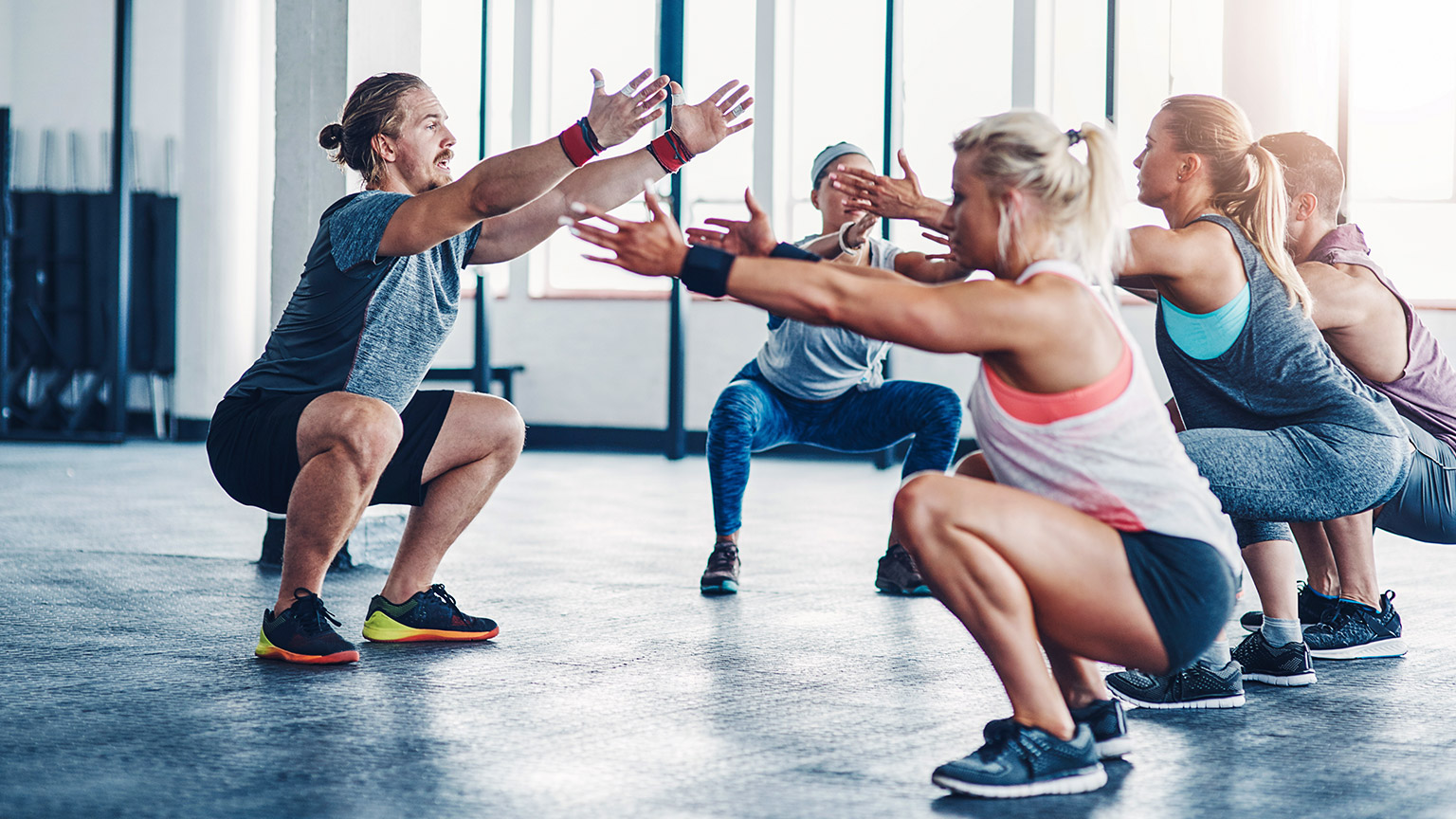Within the expansive realm of the fitness industry, one discovers a dynamic array of roles, each contributing uniquely to the holistic well-being of enthusiasts. As we delve into this diverse ecosystem, it becomes evident that understanding the roles within the fitness industry is not only insightful but essential, especially for personal trainers.
Let’s explore the roles commonly found in mainstream gyms and the general fitness world. Find out how each role is crucial in sculpting a comprehensive approach to health and fitness in a gym facility.
Large commercial gyms, like Gold's Gym and Les Mills, are fitness facilities that cater to a diverse clientele seeking comprehensive health and wellness solutions. These gyms offer a wide range of amenities and services to accommodate various fitness goals and preferences.
Typically, these gyms provide state-of-the-art exercise equipment, including cardio machines, machine and free weights, and functional training areas. Members can access group fitness classes, such as yoga, spin, and HIIT, often led by certified instructors. These classes create a sense of community and motivation for members.
Personal training services are a common offering, allowing individuals to work one-on-one with fitness professionals to develop personalised workout plans and receive guidance as they work towards their health and fitness goals. In most cases, these gyms offer a rental system for their personal trainers, where the trainer acts as an independent contractor paying a weekly fee to the gym to conduct their personal training business. Gym rents in New Zealand average around $200 per week.
Large commercial gyms usually operate on a membership-based model, where individuals pay a weekly, monthly or annual fee for access to the facilities and services. The longer-term, iron-clad contracts are not as prevalent these days, making memberships less of a commitment.
Additional amenities often include locker rooms, showers, saunas, and sometimes swimming pools. Many gyms also sell nutritional supplements and fitness apparel on-site.
These gyms may offer promotions, discounts, or corporate partnerships to stay competitive. They often invest in marketing campaigns and maintain a strong online presence to attract and retain members.
In summary, large commercial gyms are comprehensive fitness centres that provide a wide array of equipment, classes, and services to help individuals achieve their fitness goals while operating on a membership-based business model. Let’s look at different roles within one of these large mainstream facilities. We will hear from NZIS staff and alumni who have worked in these departments.
Personal trainer
A personal trainer is a fitness professional who works with individuals to help them achieve their health and fitness goals. The role involves creating customised exercise programs, providing instruction on proper technique and form, and offering guidance on nutrition and lifestyle choices. Personal trainers often assess their clients' fitness levels, track their progress, and adjust their workout routines accordingly.
Let’s listen to Lucy Turner and her experiences working as a PT.
Fitness instructor
Group exercise instructor
Group exercise instructors lead fitness classes, motivating and guiding participants through various workouts such as pump (weights-to-music), old-school aerobics, yoga, or spinning. High energy, excellent technique and a motivating character are all important traits of a successful group exercise instructor. Many personal trainers also teach group exercise classes, this is a good way to ensure secure income and also get exposure to potential clients.
Front-line receptionist
Front-line receptionists are one of the most important positions within a commercial gym. They are the only department with regular contact with the gym’s active members. The reception area is like the hub of the gym, and having a friendly, welcoming and helpful front desk sets the tone for the gym's customer service. Duties include welcoming members, handling inquiries, selling merchandise/supplements and ensuring a smooth check-in process.
Membership consultant (Sales)
Membership consultants promote gym memberships and services, helping prospective members understand the benefits of joining and assisting with enrolment. To succeed in this position, a membership consultant needs to be a great listener, driven, able to build rapport quickly, and have strong sales acumen. Many personal trainers who have worked in this area tend to be very successful with their personal training business as the sales skills developed in the role really translate to building a healthy client base.
Gym manager
Gym managers oversee daily operations, staff, and facility maintenance, ensuring a positive member experience and financial success. Some personal trainers end up evolving into management positions. Key traits for this position include excellent people management skills, strategic thinking, a strong work ethic and a passion for fitness. Check out the following videos from Peter Fraser about his experience managing gyms.
